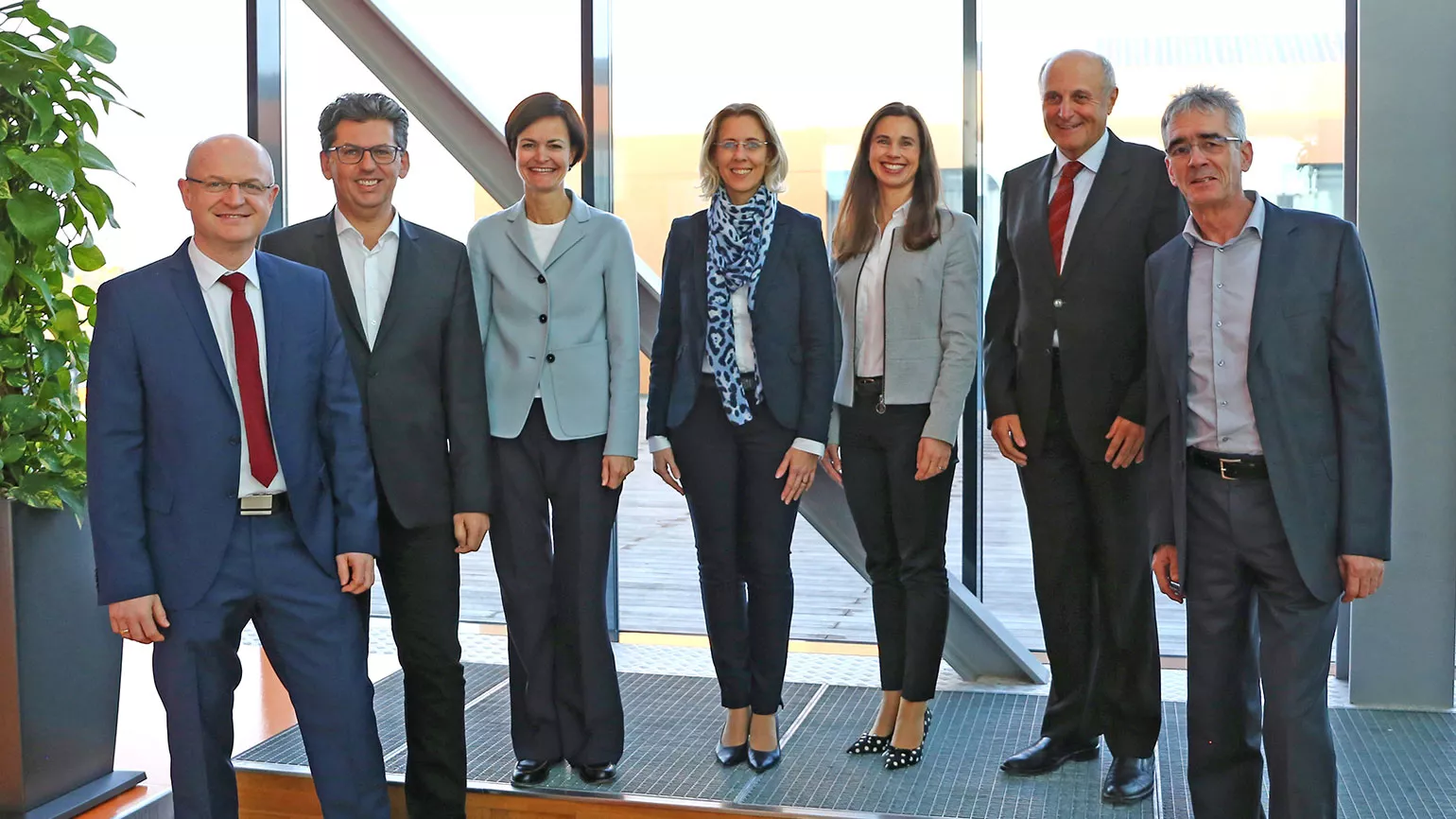Digitization in the Business Model - WKO Industry Forum at Fronius

Right from the offset, Fronius CEO Elisabeth Engelbrechtsmüller-Strauß addressed the central question in her welcome speech: Why do we need digitization? Her answer came immediately: because it is becoming increasingly difficult to generate interest through technology and for companies to differentiate themselves from their competitors through hardware features alone. Digitization is therefore a matter of long-term competitiveness and commercial success.
Business Model and Management Priorities
Helmut Ennsbrunner, head of predevelopment for the Business Unit Perfect Welding at Fronius International, gave the first presentation, explaining what digitization is all about and what this specifically means for welding equipment. But how do companies implement digitization in practice? Professor Thomas Werani from the Johannes Kepler University Linz put forward three questions to help companies determine which route to digitization is best for them: Is my business model structured in a way that promises success? Does my IT infrastructure support the business model? Do my managers and staff have the necessary skills? At the heart of this approach is the company’s own business model. Digitization can only be successful if its implementation is consistently aligned to the business model.
Bernhard Freiseisen from the Strategic Marketing department of the Business Unit Perfect Welding at Fronius International explained the form that this can take in reality, using his own business unit as an example. The business model adopted by Fronius is centered on customer intimacy. The primary goal is to establish a close relationship with the customer and to understand all their needs. Translated into digitization objectives, this includes the need to acquire data about the customer that can subsequently be analyzed to afford a deeper understanding. According to Freiseisen, these objectives are ultimately to be decided by management priorities so that all the digitization measures undertaken support the business model and strategy of the company.
People
Dr. Tanja Abwa from Scheelen Austria placed the question of people firmly at the heart of her presentation. After all, any measures implemented are the direct result of actions taken by employees and managers. Abwa paid particular attention to the skills needed by managers to drive forward the process of digitization within a company. The two roles of “Digital Change Principal” and “Digital Change Agent” are hugely important here. Strength of vision, an openness to change, and a willingness to cooperate are three essential characteristics in this respect.
Abwa’s presentation made it crystal clear that while the business model and IT are important factors in digitization, the most important aspect is people. A lively podium discussion and a tour of the Fronius production plant drew the day to a close.
